Every Metal Gear Game, Ranked According To Metacritic | Game Rant
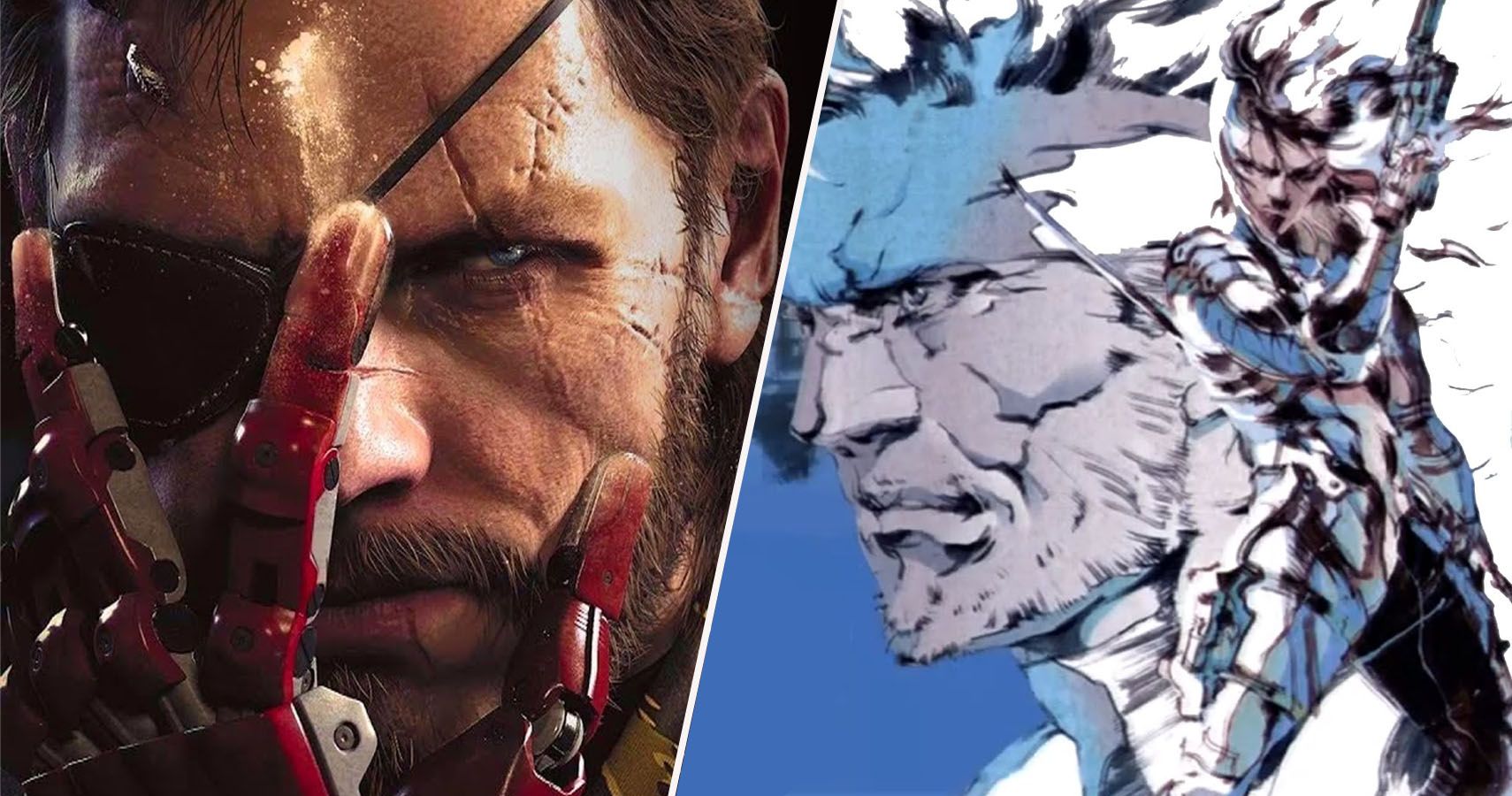
While Hideo Kojima's most recent work is the polarizing & unique Death Stranding, the auteur game designer became a household name with his seminal Metal Gear franchise. The first release came out in 1987, but it did not reach mainstream gaming audiences until the series' first 3D outing, 1998's Metal Gear Solid.
The following list will rank all the games in the series based on Metacritic score. The first two entries do not have scores on the site, but they are still playable on relatively modern hardware through Metal Gear Solid 3: Subsistence. One should also note how low the games Kojima didn't work on rank.
16 Metal Gear Survive (62)

After Kojima's exodus from the publisher, Konami decided to turn the next entry into a zombie survival adventure. Repetitive gameplay and its complete disregard for the Metal Gear canon were cited as reasons for its critical and commercial failure. Fans now wonder if the series will ever return to its roots.
15 Portable Ops Plus (65)

Metal Gear Solid: Portable Ops had an impressive multiplayer mode for the PSP. This standalone expansion did not come with the base game's single-player, instead focusing on expanding the competitive modes. As extensive as multiplayer is, most are into the series for the story, making this title irrelevant for many.
14 Metal Gear AC!D (75)
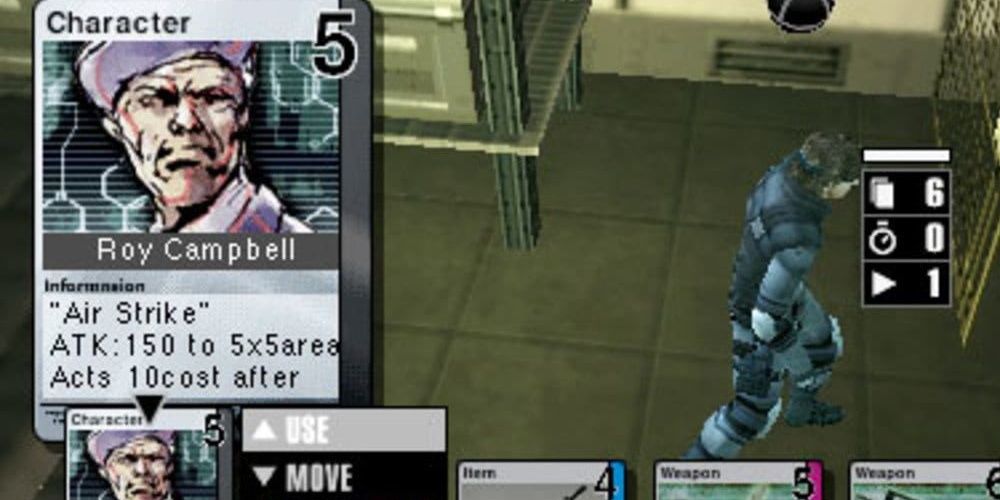
The first PSP Metal Gear game was an unexpected endeavor. AC!D eschews traditional stealth gameplay for a card-driven turn-based strategy game. It is non-canon, but still a nice, worthwhile diversion for any fan of the series. The turn-based gameplay makes the often difficult PSP controls a non-issue.
13 Metal Gear AC!D 2 (80)
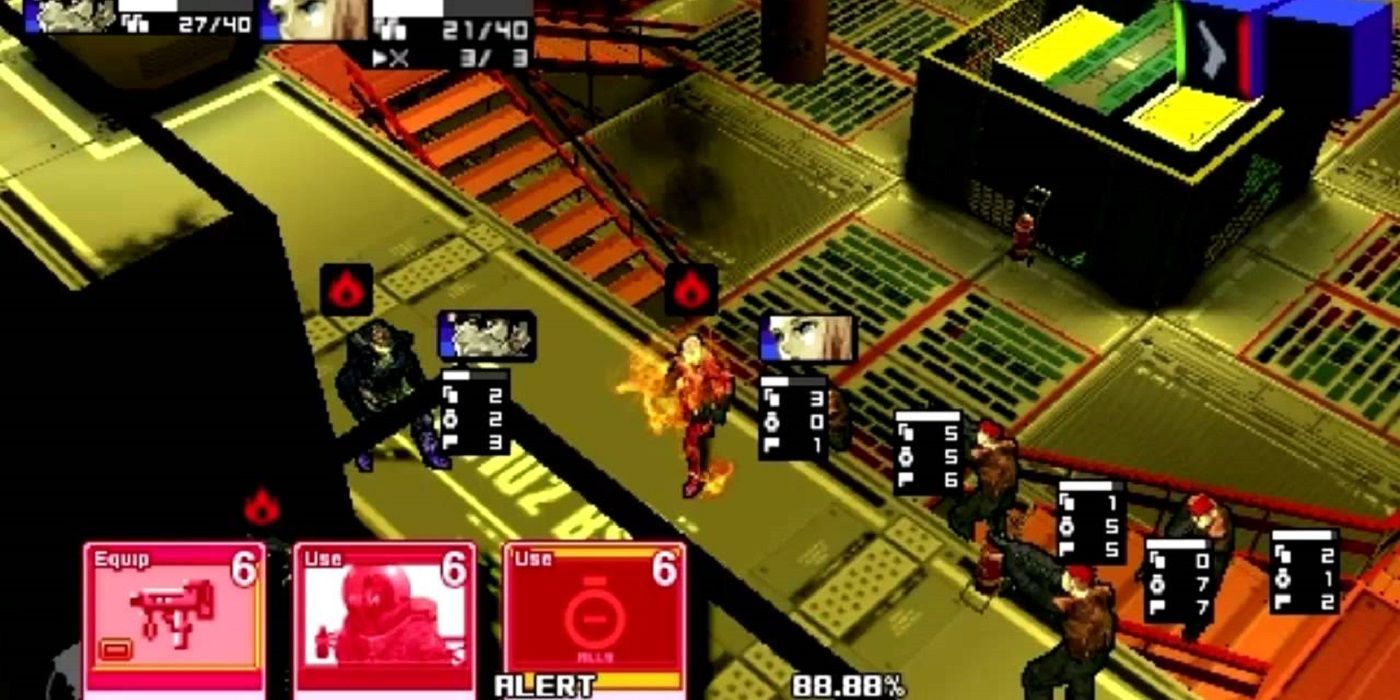
The sequel to the spin-off tightened up the predecessor's gameplay while also adding a plethora of bonus content. The gimmick behind this one were the 3D glasses which allowed for 3D gaming on the portable system in addition to watching some cutscenes from Metal Gear Solid 3, and some steamier videos.
12 Ground Zeroes (80)

Many criticized this game's short length and comparatively high price tag. While it is a justifiable complaint, doing everything this prologue to the Phantom Pain has to offer still takes between fifteen and twenty hours, which certainly is not bad for even a full-priced game.
11 Metal Gear Rising: Revengeance (83)
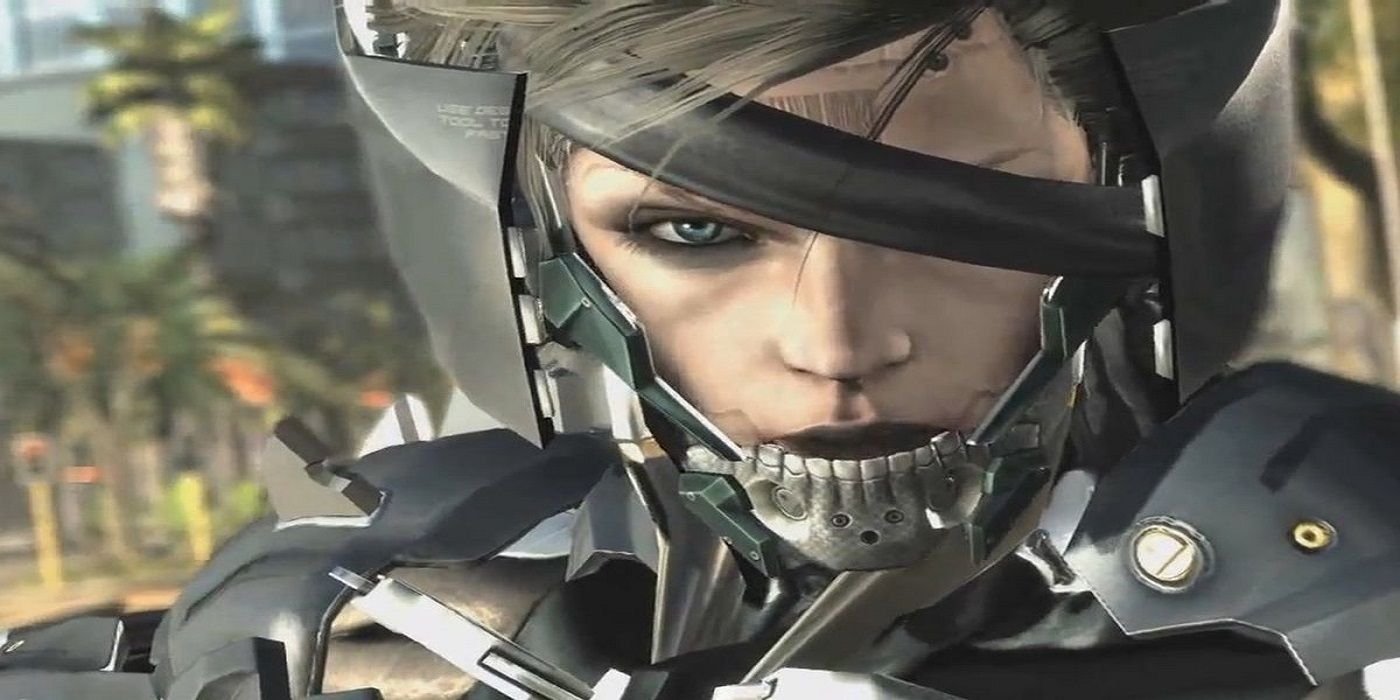
Platinum Games completely changed up the formula while still retaining all the zaniness and narrative intrigue that made the series so beloved. While the campaign is short, it begs for multiple playthroughs in a similar manner to other games from the studio. The Zandatsu mechanic also differentiates Raiden's adventure from other character action games.
10 Twin Snakes (85)
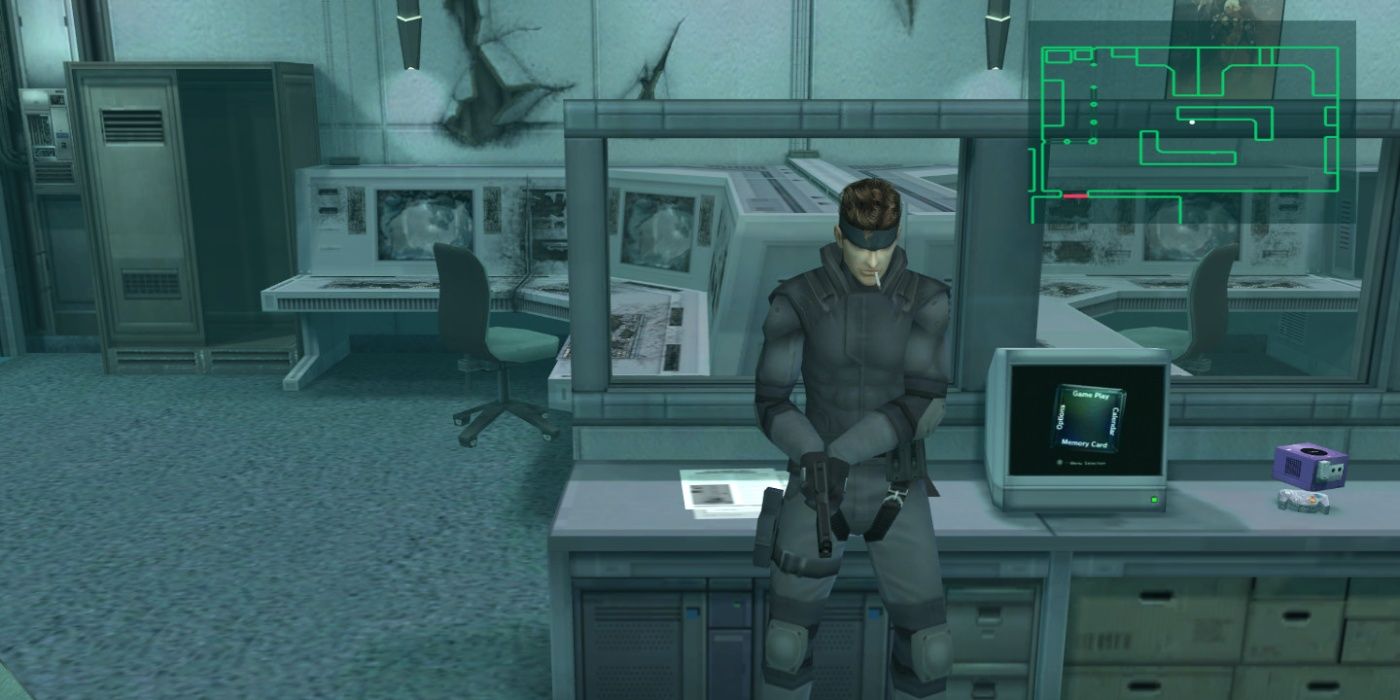
This GameCube exclusive remake of Metal Gear Solid takes the same level design from the original but updates the graphics and gives Snake all his skills from Metal Gear Solid 2. Some also bemoaned the new cinematics, which feature the characters accomplishing jaw-droppingly unrealistic feats of athleticism.
9 Portable Ops (87)
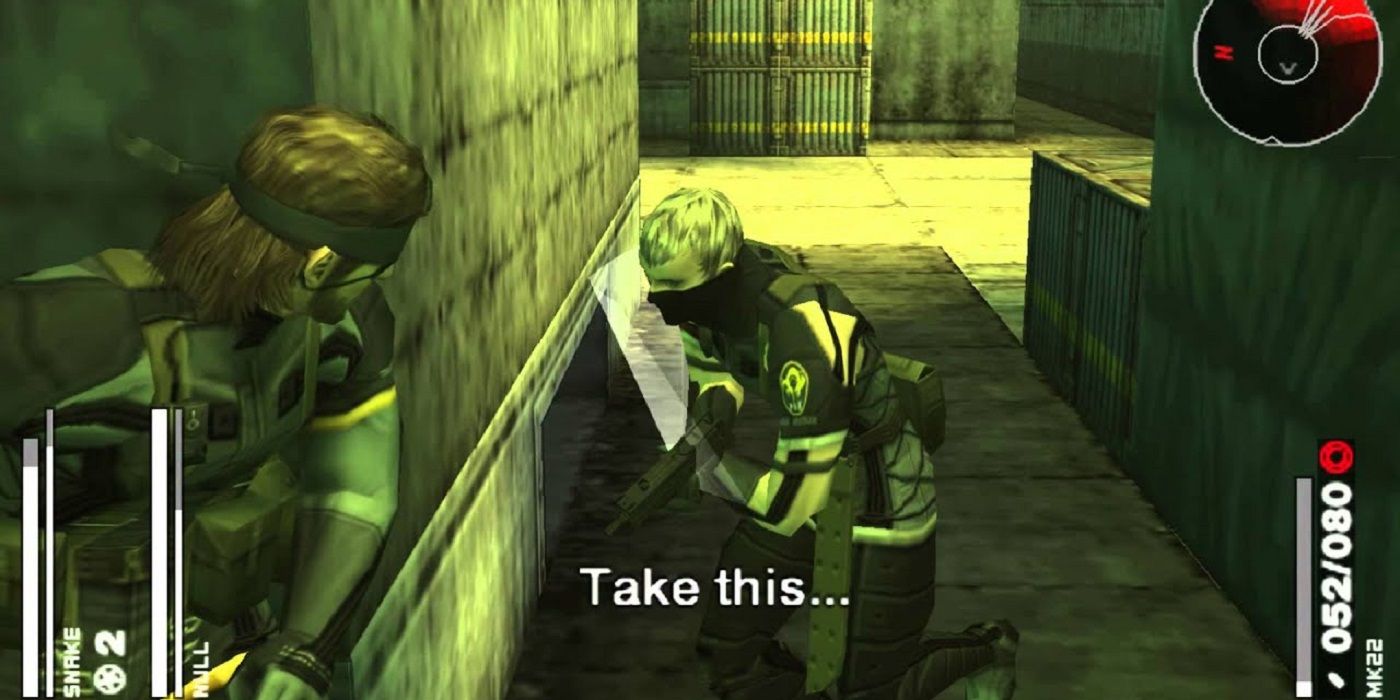
The first canon entry on the PSP was a follow up to Snake Eater, taking place in 1970. The series first toyed with character and equipment progression in Portable Ops, ideas which which would later be expanded upon in Peace Walker and The Phantom Pain.
The major gripe most had with it was the unruly controls, thanks to the PSP's lack of dual analog sticks. Unfortunately, no console re-release exists of this PSP exclusive.
8 Metal Gear Solid 2: Substance (87)
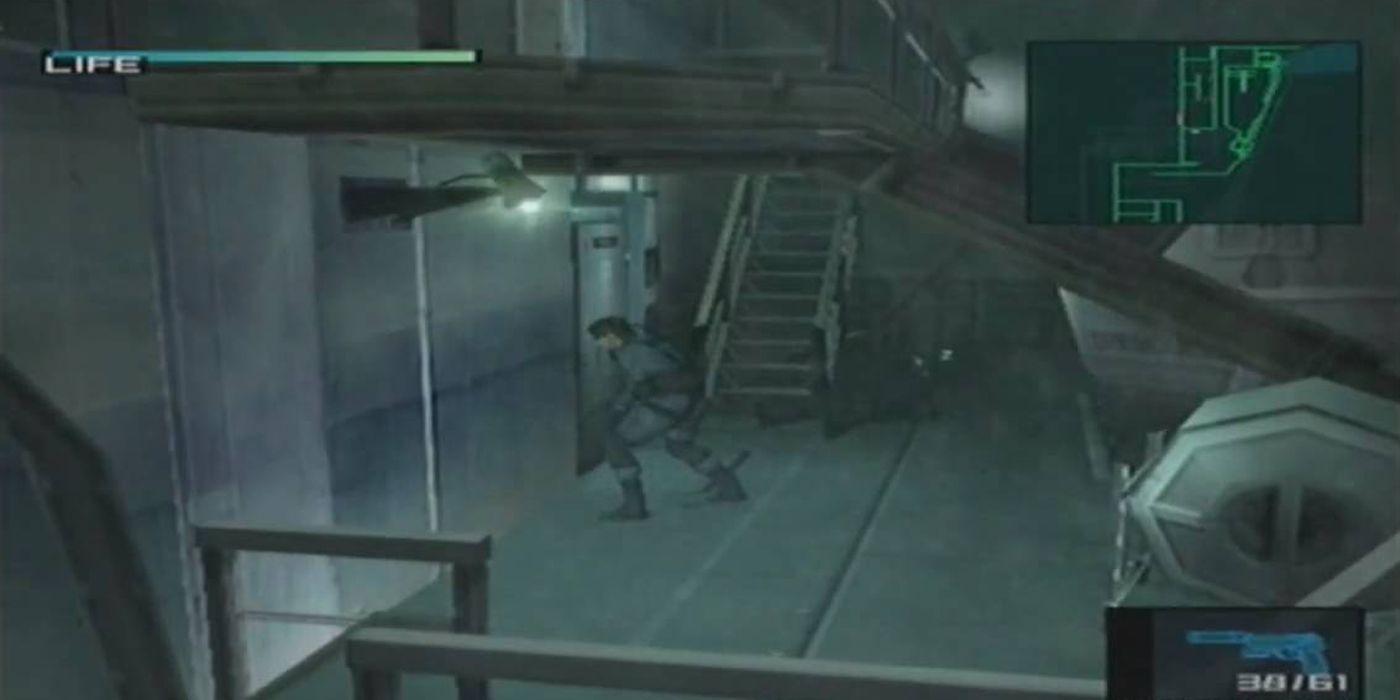
While Metal Gear Solid 2: Substance adds plenty to the original release, little of it lives up to the original game's campaign. The major reason to own this over the base release is Snake Tales, original non-canon scenarios which use the characters and environments to tell wildly interesting stories. The VR missions also provide hours of content for those wanting more gameplay.
7 Peace Walker (89)
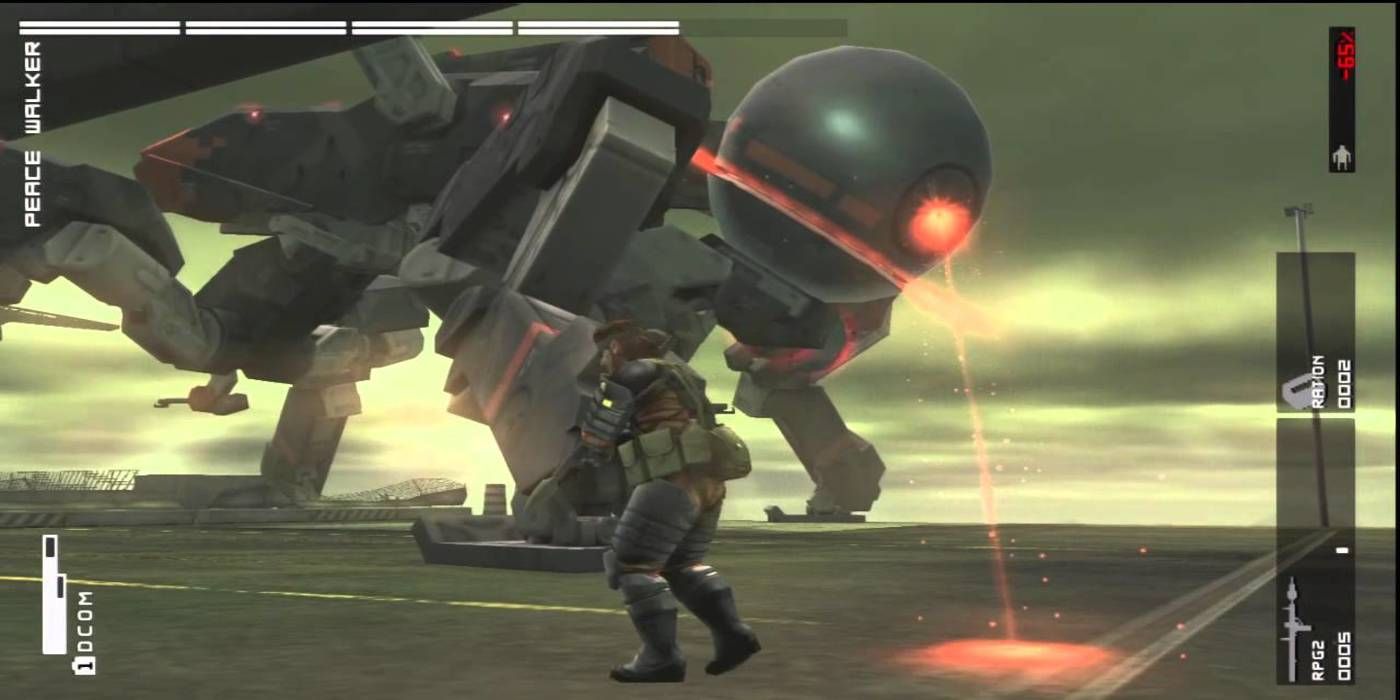
Peace Walker slowed down the pace of the gameplay and made the levels smaller in order to accommodate the PSP's button layout. It also featured the biggest Metal Gear campaign at the time with its numerous side quests. The story also leads directly into Ground Zeroes and The Phantom Pain.
6 Metal Gear Solid 3 (91)
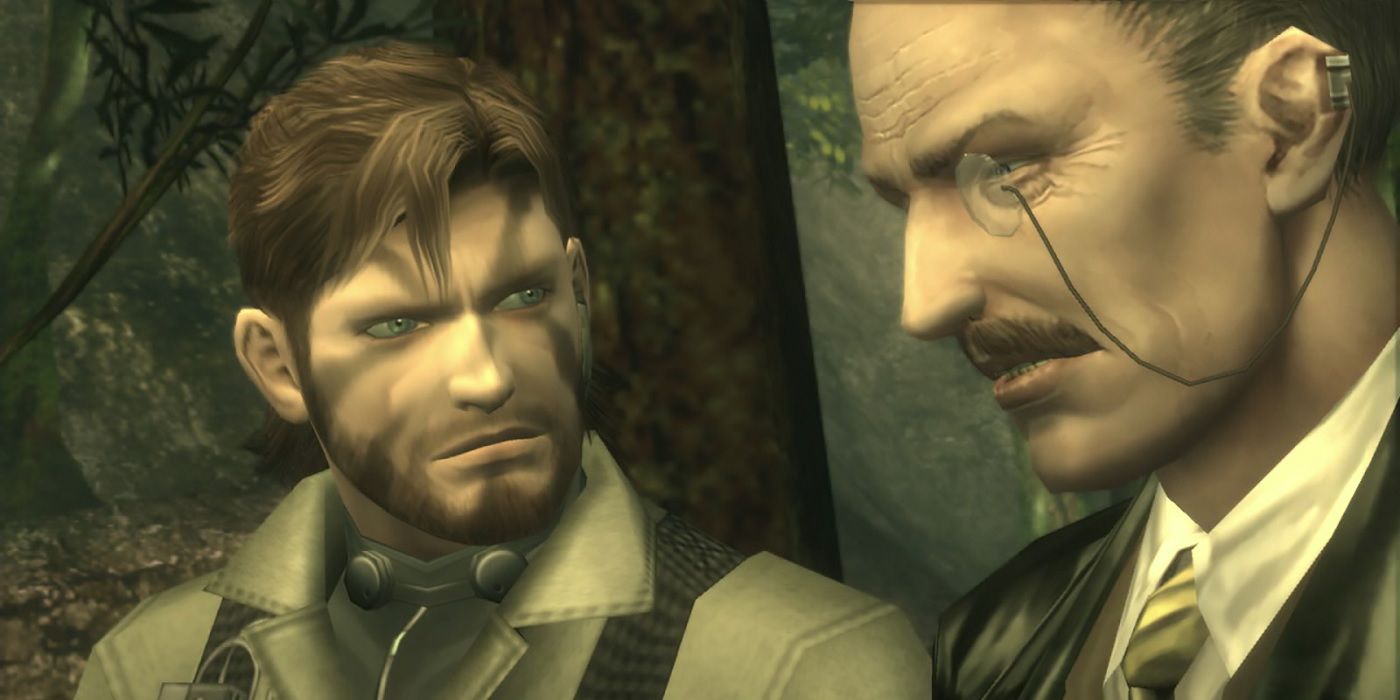
Metal Gear Solid 2 ends on a shocking cliffhanger. Fans were chomping at the bit for a continuation, so the next game in the series was a prequel set in 1964 which follows up on none of the hanging threads from the prior entry. Fans were not upset, however, since the refined gameplay and survival mechanics made for one of the most unique gameplay experiences on the PS2.
5 Metal Gear Solid 3: Subsistence (94)
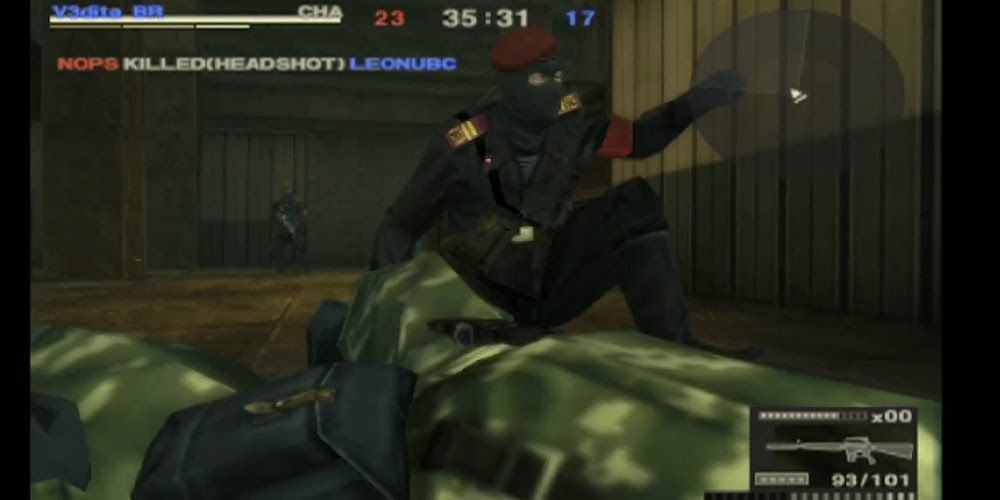
Despite being a re-release, Metal Gear Solid 3: Subsistence found more favor with critics than the base game. The now offline multiplayer mode was a major draw for those who had the capability on the PS2. For those without an Internet connection, the new 3D camera was well worth a second purchase.
4 Metal Gear Solid (94)
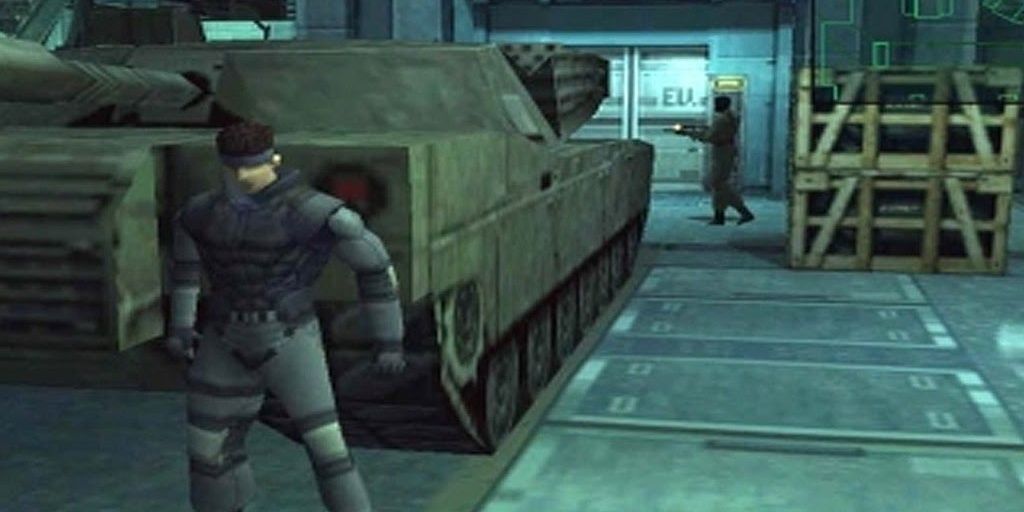
This 1998 release blew gamers' minds with its cinematics, realism, and boss battles. Nothing on the PlayStation even came close in terms of linear action games. Even without the sequels and expanded lore, Metal Gear Solid stands alone as one of the best games ever made. While the gameplay is simple compared to later entries, it still perfectly complements the level design and never feels restrictive.
3 Metal Gear Solid 4 (94)

In hindsight, many fans consider Metal Gear Solid 4: Guns of the Patriots to be bloated with cutscenes and plot twists. The eighteen hour campaign is at least fifty percent cinematics and exposition. However, upon release these minor setbacks were overshadowed by the versatile gameplay and gorgeous graphics. All in all, it is a decent send off for Solid Snake.
2 Phantom Pain (95)

Even though the ending is painfully rushed and disjointed due to issues with the publisher, The Phantom Pain still remains a fantastic open-world game. Developing Mother Base was a compelling incentive to continually accrue resources from enemy encampments. Skull Face is also a terrifying villain, thanks to James Horan's performance.
1 Metal Gear Solid 2 (96)
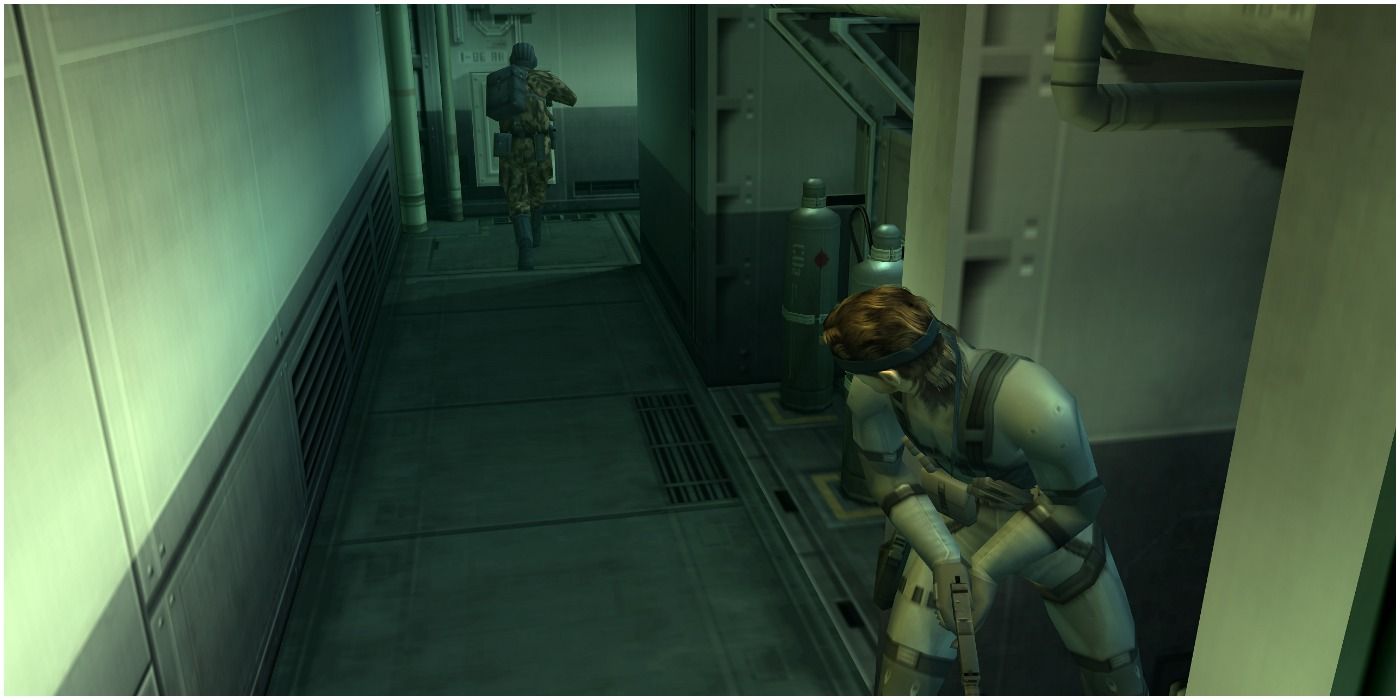
It is difficult to quantify just how excited people were for Metal Gear Solid 2's release in 2001. The graphics and gameplay pushed the PS2 to its limits with an unprecedented level of interaction with the environment and enemies. The story also took full advantage of the time in which it was made with a narrative focused on the dangerous implications of a world fully connected by the Internet.

Post a Comment